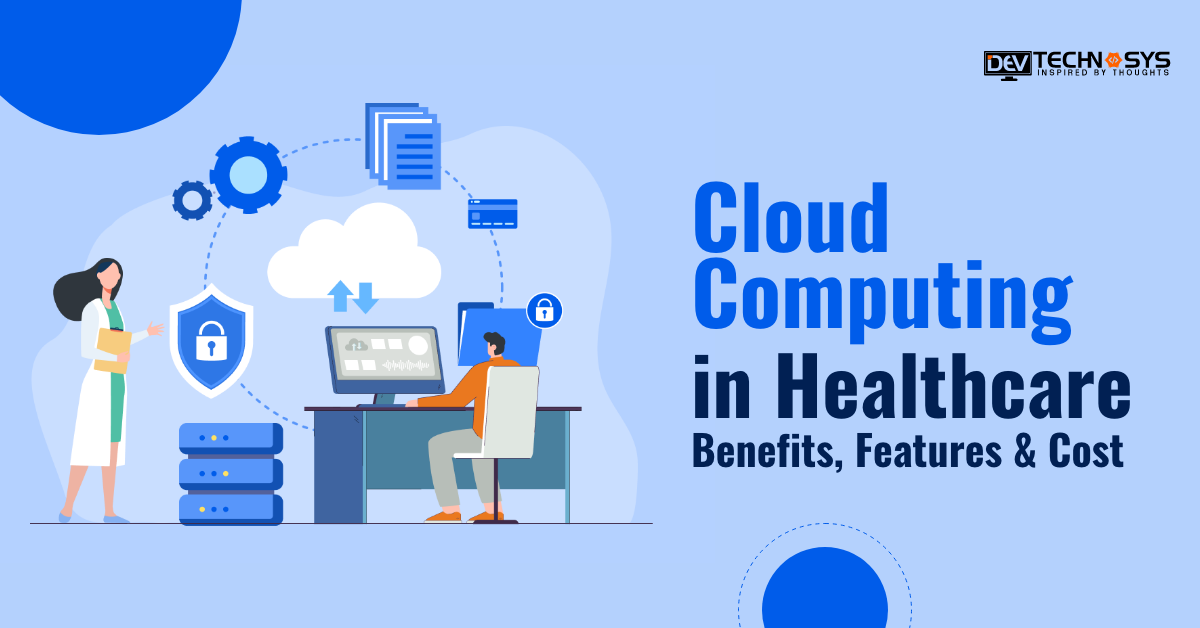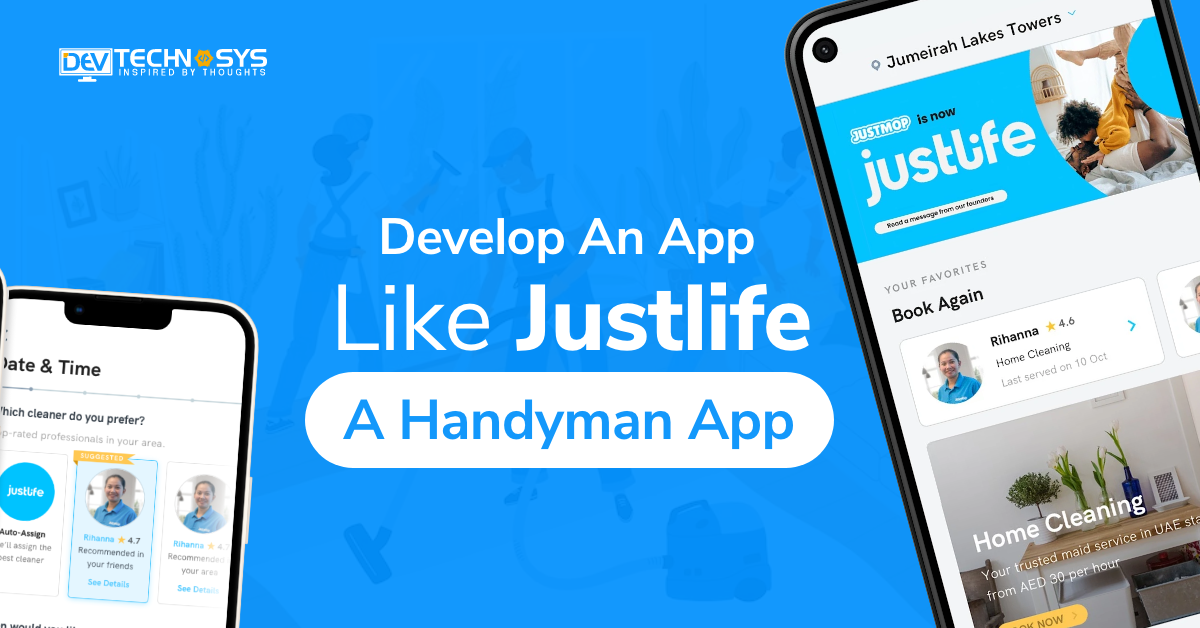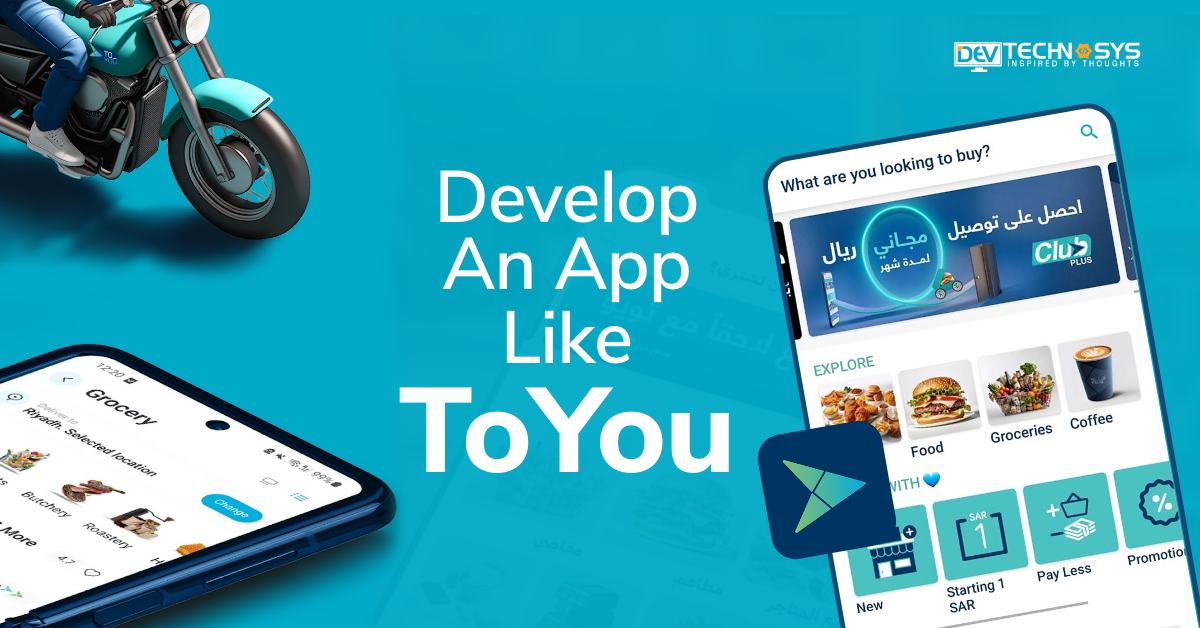Are you looking to develop cloud-based custom healthcare app development? If yes, then you are in the right place. This blog will provide a complete overview of cloud computing in healthcare, its development stages, features, and the cost involved.
In the current digital era, a combination of healthcare technology has brought remarkable advancements that have revolutionized how healthcare services are delivered and managed. Cloud computing is one such innovation that has emerged as a transformative force that has transformed the landscape of healthcare infrastructure. As per a study, the size of the worldwide healthcare cloud computing market was estimated at USD 11.27 billion in 2021, and it is expected to grow at a compound annual growth rate (CAGR) of around 21.4% from 2022 to 2030, when it is expected to surpass USD 62.47 billion. This data shows that there is room for growth for healthcare businesses to make a big market in the industry.
If you also have an amazing idea for using cloud computing in your health business, read this blog until the end. It will help you build a cloud-based health business that meets your business needs while providing a seamless patient experience.
Quick Summary: This comprehensive blog has covered everything you must learn about cloud and healthcare, from its development stages to critical features, costs, and benefits. So what are you waiting for? Let’s begin!
Introduction of Cloud based Healthcare System
Cloud computing refers to delivering computing services- servers, storage, networking, software, databases, intelligence, and networks on the Internet. In the healthcare industry, a cloud-based healthcare system uses cloud computing technology to store, manage, and access healthcare-related data or services over the Internet.
With its increasing use, most healthcare providers or businesses want to use cloud computing in work operations. However, they need to work with a partner or a healthcare app development company that can provide them with cloud computing solutions to help save and recover their digital access.
Current Market Stats On Cloud Computing In Healthcare
If anyone wants to bring cloud computing healthcare to their workplace, they must be aware of the healthcare cloud market. It will assist you understand to what extent cloud services for healthcare will be profitable for you. Hence, as an artificial intelligence development services provider, the following data will help you gain valuable insight into cloud computing and healthcare.
- The healthcare cloud computing market will be USD 49.14 billion in 2024.
- It is projected to increase at a compound annual growth rate (CAGR) of 11.30% to reach USD 83.93 billion by 2029.
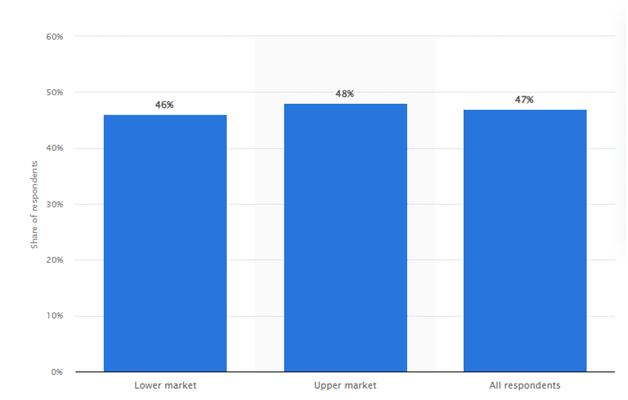
- The size of the worldwide healthcare cloud computing market was estimated at USD 30.5 billion in 2021, and it is expected to grow at a CAGR of around 17.2% from 2022 to 2030 when it is expected to reach approximately USD 127.04 billion.
In a 2019 U.S. survey, around one in two C-suite executives said that Cloud Computing was implemented in their healthcare firm. The lower and upper markets differed significantly in how cloud computing was implemented.
7 Key Steps to Build Cloud Computing In Healthcare
Businesses use cloud computing in the healthcare industry to improve patient care, streamline operations, and also improve efficiency. However, implementing cloud computing for healthcare requires a lot of work. If you want to bring on demand app development solutions to the workplace, here are seven key steps to help you successfully integrate cloud computing into your business.
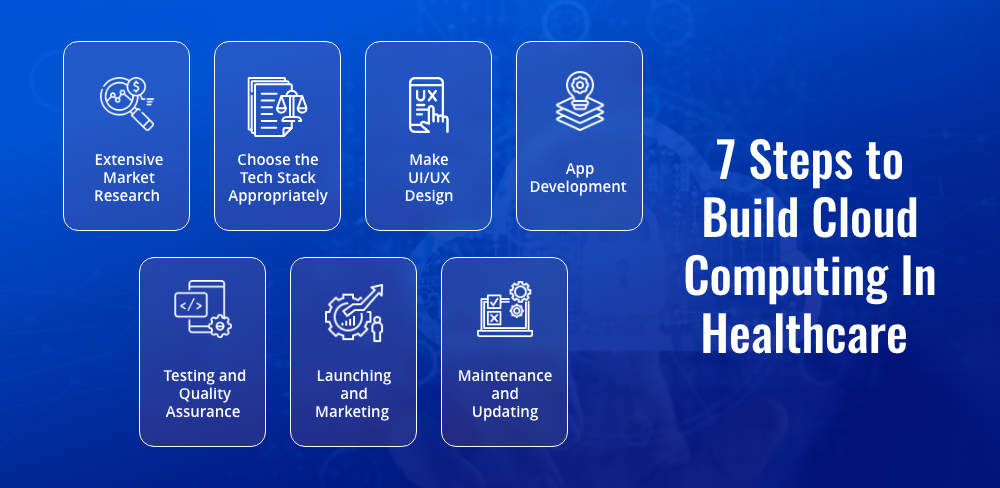
1. Extensive Market Research
Understanding the relevant landscape is critical for any business’s success. So, if you want to integrate cloud computing into your healthcare business, conduct market research to identify the particular users’ needs and challenges in the industry. This will help you tailor your cloud computing solution to address the identified issues while delivering maximum user value.
2. Choose the Tech Stack Appropriately
Now, choose an appropriate tech stack to make your cloud computing initiative successful. You must evaluate different platforms, tools, and frameworks to determine which best aligns with your long-term business goals and project requirements. You can seek guidance from a cloud consulting services provider with deep tech stack knowledge and choose the best one for your project.
3. Make UI/UX Design
You must understand that user experience is critical to the usability and adoption of a software solution. A well-functioning UI/UX in mental EHR software development retains users. So, you are supposed to invest your resources and time in designing a user-friendly and intuitive interface, catering to your business’s unique and diverse needs, and being patient. Carefully prioritize accessibility, efficiency, and simplicity in your software design approach.
4. App Development
After carefully and efficiently designing your software, it’s time to bring your dream of cloud solutions healthcare to life. Hire healthcare developers to build scalable, robust, and feature-rich cloud-based software. Ensure that your cloud computing meets the demands of modern healthcare workflows. Additionally, you’re advised to work with the agile methodology, ensuring flexibility and timely delivery in response to the changing requirements.
5. Testing and Quality Assurance
When working on cloud healthcare computing, testing and quality assurance are the most critical parts because small errors or issues can also have major consequences. Hence, with the help of a custom software development company, ensure the implementation of testing protocols so that glitches, bugs, and performance issues can be identified and addressed before the first deployment. Conduct this phase through usability, security, and functional testing that guarantees a reliable and seamless user experience.
6. Launching and Marketing
A successful launch requires more than technical proficiency. To gain popularity, you have to adopt effective promotional strategies. You need to develop marketing strategies so that more customers can learn about your services or products. Develop strategy or promotional techniques to generate buzz around your cloud computing solutions. It would be better for you to work under the guidance of an experienced app development company.
7. Maintenance and Updating
The development of a cloud computing solution in healthcare is just the beginning. For a successful doctor on demand app development, you have to maintain and update it. For this you can establish robust maintenance processes, ensuring the platforms’ security, continued performance, and scalability. Additionally, you have to regularly monitor technological advancements and user feedback to adjust necessary improvements and innovation effectively.
Why Must an Entrepreneur Invest In Building Cloud Computing In Healthcare?
As you know, the current digital world is changing rapidly, requiring businesses to stay up-to-date to stay. For this, entrepreneurs need to constantly look for lucrative opportunities to enjoy the advantages of cloud technology. Hence, here is a list of some key benefits of cloud computing in healthcare that depict why entrepreneurs should invest in software product development:
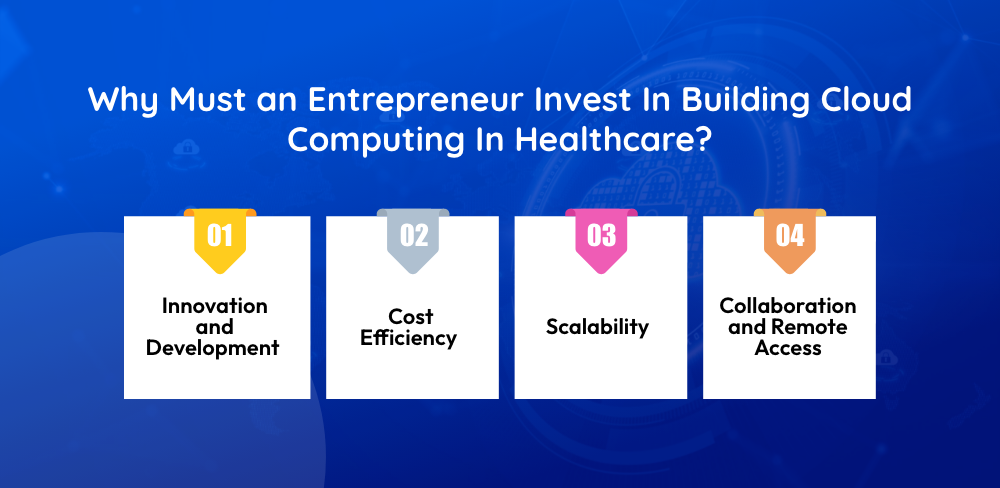
1. Innovation and Development
Healthcare providers can access machine learning capabilities and other powerful computing resources by investing in healthcare cloud solutions. It employs strategies in the industry to develop effective and innovative solutions like personalized treatment plans and AI-powered diagnostics.
2. Cost Efficiency
Cloud computing and AI in healthcare eliminate the need for critical upfront investments in infrastructure and hardware. With cloud technology in healthcare, businesses can use a pay-as-you-go model to pay only for those resources that they use, reducing unnecessary costs.
3. Collaboration and Remote Access
With cloud based healthcare solutions, the healthcare providers can access patient data and collaborate with their colleagues from different locations using any device with internet access. This facilitates seamless communication and timely decision-making.
4. Scalability
In health care, cloud computing allows businesses to scale their IT infrastructure based on diverse needs. Whether it’s about managing electronic health records or supporting telemedicine services, healthcare CRM software solutions automate fluctuating demands that increase their capability.
5. Data Security
With data security measures like access control, regular backups, and encryption, cloud computing ensures sensitive patients’ integrity, confidentiality, availability, and compliance with healthcare regulations. Hence, it improves business brand loyalty.
Difference between SaaS, IaaS, and PaaS
You must know that SaaS, IaaS, and PaaS are quite different. For a clear understanding, look at the table based on SaaS vs IaaS vs PaaS below:
| Features | IaaS | PaaS | PaaS |
| Services offered | Virtualized computing resources | Platform to develop, deploy, and manage apps | Cloud-based software apps |
| Target users | Network administrations and IT professionals | Developer | End-users and businesses |
| Management responsibility | The user manages operating systems, data, and applications | Users manage apps and data, and the provider manages the underlying infrastructure | Provider manages everything- platforms, applications, and infrastructure. |
| Level of control | High control | Medium control | Low control |
| Examples | Microsoft Azure Virtual Machines and Amazon Web Services | Google App Engine | Salesforce, Dropbox, and Gmail |
Essential Features of Cloud Computing In Healthcare
Cloud computing is changing healthcare by offering various features that benefit patients and healthcare providers. Hence, build healthcare software, ensuring unique services and meeting patient’s requirements by considering the features that will help you attain your business goals.
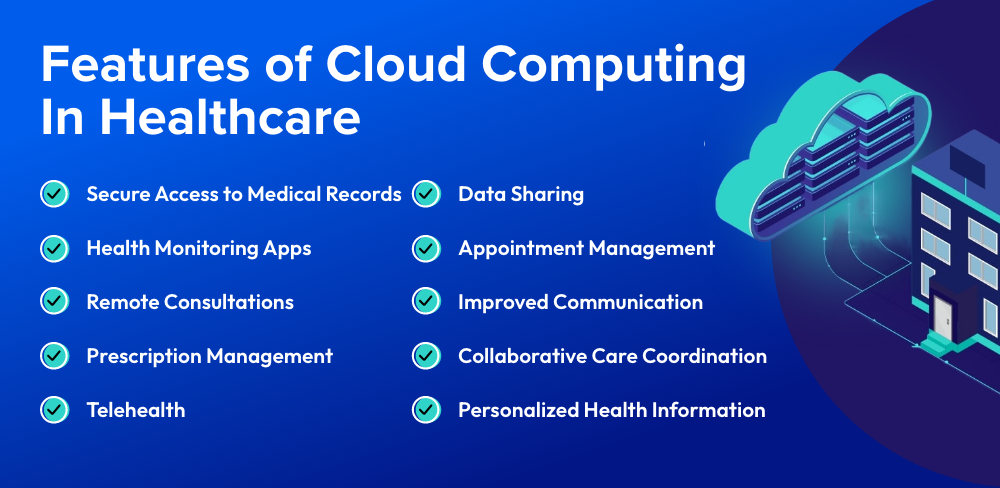
1. Secure Access to Medical Records
With this feature, patients can secure access to their medical records anywhere and anytime. It empowers patients to make informed decisions about their health.
2. Health Monitoring Apps
Develop a healthcare app that facilitates health monitoring apps, enabling users to track their health metrics. It promotes proactive self-care.
3. Remote Consultations
Ensure your cloud computing allows patients to consult with their health specialists remotely. It reduces the need for physical visits and facilitates timely access to medical advice.
4. Prescription Management
Users can view and manage prescriptions online, such as refills and medication reminders. It will enhance patients’ satisfaction levels by offering a seamless experience.
5. Telehealth
Develop a hospital management system software that allows patients to conveniently connect with their specialists and receive virtual consultations for their homes.
6. Data Sharing
Your healthcare cloud applications must easily grant access to all your medical records to various healthcare providers involved in your care.
7. Appointment Management
Take help from a machine learning development company that can make your software easy to create, confirm, or cancel appointments online.
8. Improved Communication
Allow patients to securely message their healthcare provider or doctor for appointments or other queries, enhancing their experience.
9. Collaborative Care Coordination
Collaboration and coordination tools in medical device software development help patients by facilitating communication and information sharing among healthcare providers.
10. Personalized Health Information
Cloud storage in healthcare enables the delivery of personalized health information tailored to patient’s diverse needs and conditions. It empowers them to manage their health.
How Much Does It Cost To Build Cloud Computing In Healthcare?
Have you ever thought about the healthcare software development cost? Well, getting the exact cost of cloud computing in healthcare is complicated. However, for an estimation, consider the $ 10,000 – $ 28,000 as the average cost of cloud computing for healthcare.
At the same time, you must also understand that the cost can be changed based on different factors, such as the project’s features, complexity, chosen platforms, and development team. To know how an EMR/EHR software development Cost can be changed based on complexity, look at the table below:
Cost To Build Cloud Computing In Healthcare
|
Types of Cloud Computing In Healthcare |
Estimated Cost | Time Frame |
|
Basic Cloud Computing In Healthcare |
$10000 – $17000 | 4 to 6 Month |
|
Medium Complex Cloud Computing In Healthcare |
$17000 – $24000 | 6 to 9 Month |
|
High Complex Cloud Computing In Healthcare |
$28000+ | 11+ Month |
To know more about the cost of cloud computing in healthcare, consulting with a cloud application development company would be better. Professionals will help you determine the cost of developing cloud computing in your business by analyzing your project’s requirements and providing accurate estimates.
Know the Cost Of Maintain Cloud Computing In Healthcare
Maintenance of cloud computing in the healthcare business involves ongoing costs for system monitoring, security measures, and updates. These expenses or costs can vary depending on the infrastructure’s size, required support level, and regulatory compliance needs. Hence, it’s critical to budget for regular maintenance, ensuring data security, compliance with industry standards, and optimal performance.
It safeguards patient information and sustains the efficiency of healthcare operations. On average, the maintenance cost of the cloud in healthcare industry ranges from 15% to 20 % of the overall development cost. But can be beyond the project’s requirements.
If necessary, you can ask a healthcare app maintenance services provider to maintain the system. Experts know what should be updated in cloud computing and how to maintain your system long-term.
Wrapping Up!
As known, healthcare cloud technology and emerging technology trends in the industry have numerous opportunities for evolving healthcare delivery and management. Its benefits in scalability, security, accessibility, and collaboration make it a valuable tool for the modern healthcare business. As a result, it attracts businesses to invest in this. If you are one of them, bring your dream to life with the assistance of an app development company.
If so, look no further than Dev Technosys. It is a healthcare app development services provider that can help you use the full potential of cloud computing, streamline operations, improve patient outcomes, and drive innovation in your business.
Frequently Asked Questions
1. What Is Cloud Computing In Healthcare
In the healthcare industry, cloud computing implements remote server access through the internet to store and process healthcare-related data.
2. What Is the Cost of Saas Software Development?
SaaS software development can cost $10,000- $28,000. However, the cost can fluctuate according to unique requirements.
3. How Long Does It Take To Implement Cloud Computing In Healthcare?
On average, the timeline to implement healthcare cloud services in healthcare can be 3 to 11 months. However, the time can be shorter or longer based on complexity.
4. Is There Any Future For Cloud Computing In Health Care?
Future cloud computing solutions will improve interoperability and enable seamless data exchange within the healthcare system.









